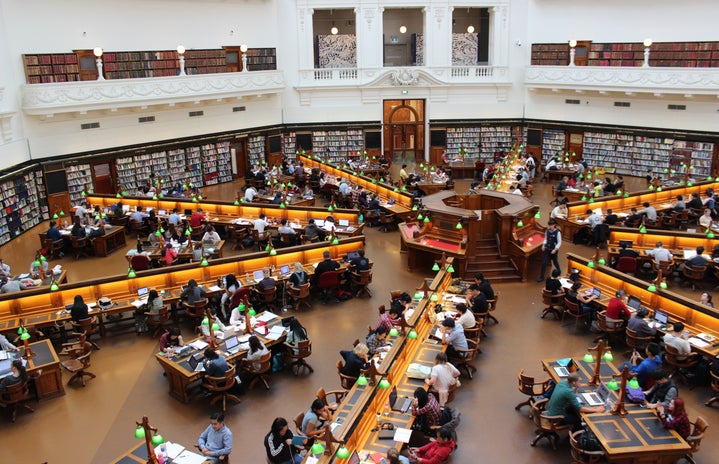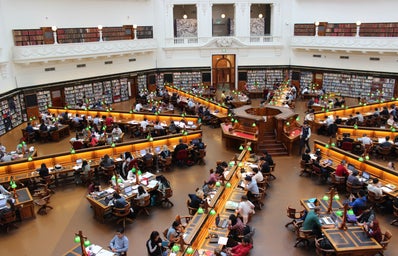Grime and Corbyn democratised the political sphere. The archaic setup of parliament is inherently inaccessible to those who have not received a political education. At least some knowledge of governmental processes and parliamentary setup is necessary to navigate the various centres of power that are found in UK politics. Where bureaucracy only applies to a certain proportion of the population, music can make politics accessible to others. The colloquial, direct language of rap artists was inevitably more resonant to those disenfranchised by a white, male upper-class group. Young people heard reasons to get involved from the mouths of people that don’t address their friends as ‘right honourable gentlemen’. A fresh access point for young and typically apathetic people to enter political conversation was forged. Whilst the youth vote was energised in the election and voted heavily in favour of Labour, the Labour party remain on the same side of Parliament as they were previously. Yet Grime4Corbyn demonstrated that stable social progression requires a change in culture. That’s where music comes in.
Fela Kuti is a vital example of musician who chose to use music as a force for progress. Kuti was influenced by the US Black Panther movement on his US tour and thereby produced increasingly politicised art work. His music sought to achieve social change and as a result, Nigerian authorities often raided his shows. Kuti paid the price for using his music in this vein: countless arrests and his mother’s death resulting from injuries she suffered in a military raid on the Kuti home. Yet the incessant resistance to Kuti’s music historically symbolises the power and threat music posed to a corrupt government.
Poor platform usage is a real downside of course. Lyrics and poetry are not factual, legal or unbiased. As fake news brings us closer to an Orwellian nightmare, there is the danger that catch phrases from musicians could work in the same way as libellous and catchy headlines. And while ignorant citizens repeat the headlines of The Sun, they naively mask the deafening noise of struggling NHS nurses, outrageous political corruption and the screams of those suffering the unrelenting gun shots of Britain’s Saudi arms deal.
The Leveson inquiry revealed the Sun a, ‘network of corrupted officials. There appears to have been a culture at The Sun of illegal payments and systems created to facilitate those payments’. Yet many contemporary political conversations seem driven by volatile definitions of democracy, free trade and migration constructed by the dogmatic press. The media is economically successful when it is shocking, outrageous and unpredictable. Whereas our aim in politics should generally be for the opposite.
Music can speak to discontent and empathise with individuals similarly to the tabloids scaremongering, that effectively exploits the emotions of desperate people. We find ourselves remembering lyrics for years when we cannot remember what we learn last term in class. It is in this ‘muscle memory’ power that music holds over us that, an opportunity lies waiting. Music unites large swathes of people in a way that political conversation does not (Corbyn’s welcome to the pyramid stage at Glastonbury 2017). If music can harness discontent and provide sonic confirmation of on overarching atmosphere, then politics may become accessible and more useful to the previously disenfranchised electorate.


